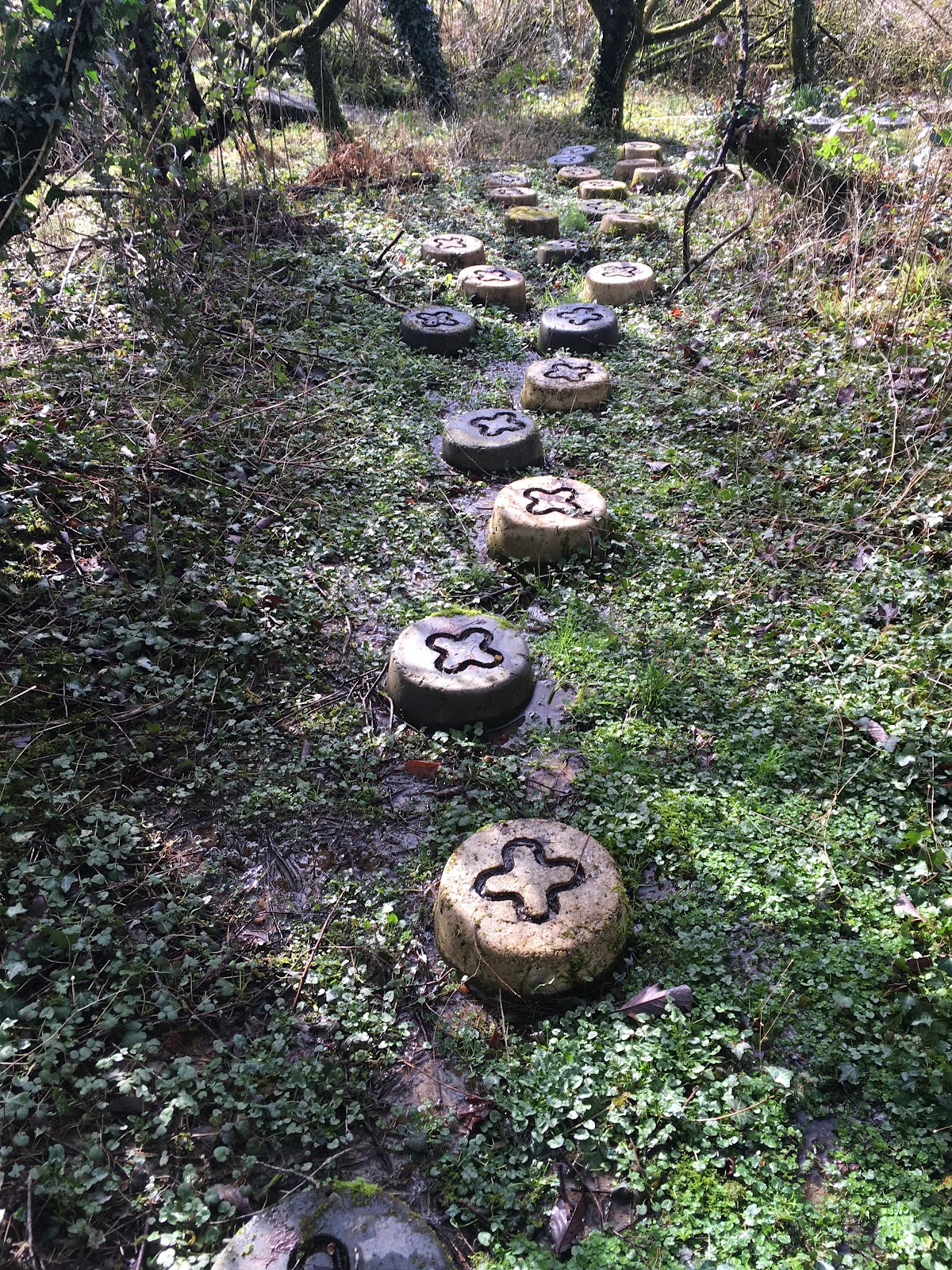
“Begin at the beginning," the King said, very gravely, "and go on till you come to the end: then stop.”
And when you flip through a new novel it’s easy to imagine that the writer sat down and did just that; the story is so beautifully tight and compelling – it's as though it had been written from the opening words, with the writer almost not pausing to draw breath until they reached 'The End' .
 |
Certainly, that's what I have always done. I start at chapter one and keep going until I get to chapter Z. I call that 'writing with the plot line'. First, I'll complete a plot outline, It will be a bit grey in places, and the ending will be blurred. Whether writing a novel or a short story, or even a poem, I work chronologically through. Even if I'm not sure what the plot will develop…even if the ending changes a hundred times, I keep going.
Sometimes, this obvious strategy doesn't work well because the timeline of the story is deliberately disjointed a
nd out of order. Chapter One may be set in 1840, chapter two in 2023 and chapter three in 1955. An example of this is Great Circle by Maggie Shipstead, which has two disjointed timelines running alongside each other. In such a story, is sometimes better to write 'the story' rather than 'the plot'. One would start at the beginning of that story and move chronologically thought the storyline as each event occurred, then chop and change each section to create the 'disconnections' planned in the structural plot.
Both these methods can be see as 'writing chronologically', but many writers do not follow the King of Hearts advice at all. A journal article by Nancy Sommers suggests that experienced writers tend to work on whatever is easiest for them at the moment, rather than forcing themselves to work in a specific order.
To a degree, the writer's personality will dictate which strategy is right for them, but there are cons and pros to each method, which I'm going to take a look at in this blog, to help you feel freer to choose, and happier about your individual method.
1. Free up the drafting phase
Writing out of order may allow the story to flow freely from your imagination. When we write out of sequence, we don’t have to remember that great idea or save it for later—we can just write it!
IN EITHER CASE try not to worry what the second or third draft will look like. Write with freedom and enjoy. the process… you don't always need to know what happens next. A 'blank' chapter can just be a paragraph (or even a sentence) of notes to jog your memory for the next draft. And of you have a great idea for a future scene while you’re working on an earlier on, you can move straight onto to it.
2. Conjour New Ideas
IN EITHER CASE ideas may come and go, so keep a notebook near. And some may have to be ditched, but that's all part of writing a novel.
3. Avoid Writer's Block
I think that writing to an outline helps me avoid writers block because I never have a completely blank screen; the next step is always outlined in my plot plan.
HOWEVER
Ronald T Kellog's research on working memory shows that complex writing tasks (and yes, wri
ting a novel or short story definitely comes into THAT category), put pressure on our working memory. If you have every had to stop typing because you just can't remember the direction your story was supposed to take, or the order it was supposed to go in, then that's because you have overtaxed your working memory. Writing in order of plot or timeline feels to me like a way of not taxing working memory, because the plot outline is there in front of me. But when you write out of order, the work becomes less a plot outline and more a freewrite, rather than 'an important manuscript'.
IN EITHER CASE make sure your thinking energy is focused into the characters and their story. This helps take the pressure off you, which every strategy you accept. You should always try to enjoy the development of characters, and feel proud as the scenes build up.
They are not writing in linear form, but aiming for incremental pieces that may at first look like the jigsaw in the box. They are writing that paragraph and calling it a day, then building those paragraphs into the order once that first draft is finished.
IN EITHER CASE, progress is progress, and that’s what matters.
5. Push through the Barriers
hich slow progress. When I'm not sure my outline is working, I do skip scenes. If I'm not sure about a chapter I just make notes on the page and keep moving on, then sort out any problems about the order or any missing bits in draft two.
6. "I Can't Work Without a Plot Outline"
 Many writers, including myself, will state this. I love my outlines and timelines because I think they help my progress, prevent the 'blank page syndrom' and save time in the long run.
Many writers, including myself, will state this. I love my outlines and timelines because I think they help my progress, prevent the 'blank page syndrom' and save time in the long run.7. Keep Your Passion Flame Going
 Writing out of order, and with very little idea of what will come next can be a lot of fun. It makes the writing feel less of a chore, because you chose what you write next in your story and that can help keep that flame of passion alive. You give yourself freedom and for many writers that's where the passion comes from. They maintain the thrill and motivation by jumping to a new chapter when the progress slows with a previous one.
Writing out of order, and with very little idea of what will come next can be a lot of fun. It makes the writing feel less of a chore, because you chose what you write next in your story and that can help keep that flame of passion alive. You give yourself freedom and for many writers that's where the passion comes from. They maintain the thrill and motivation by jumping to a new chapter when the progress slows with a previous one. If you haven't thought about using a different method of writing your novel before, do so now. Asking if you are writing in the best way for you. You might think; in my normal life, do I like a plan? Or am I more random. Am I a non-linear thinker – the person who cleans the house at ten at night? Or do I like to come home after work to a well-ordered evening?
And if the approach you are taking with your novel at the moment isn't really working for you, then see if you can make the writing process easier by swapping techniques.
I've actually never tried to write a novel out of order, but if I was feeling stymied by the writing, I might try this strategy. Nothing is lost, because all your writing is 'grist to your mill'.
Looking at that novel on the bookseller's shelf, it's seamlessness, its tight and perfect storytelling, don't forget that you can’t compare that book to its very first draft. Who knows how much blood the writer sweated? Who knows which tools and strategies they used, to craft that perfect novel? Just think about which methods might be the right ones for you and perhaps your completed novel well be
just as seamless.






